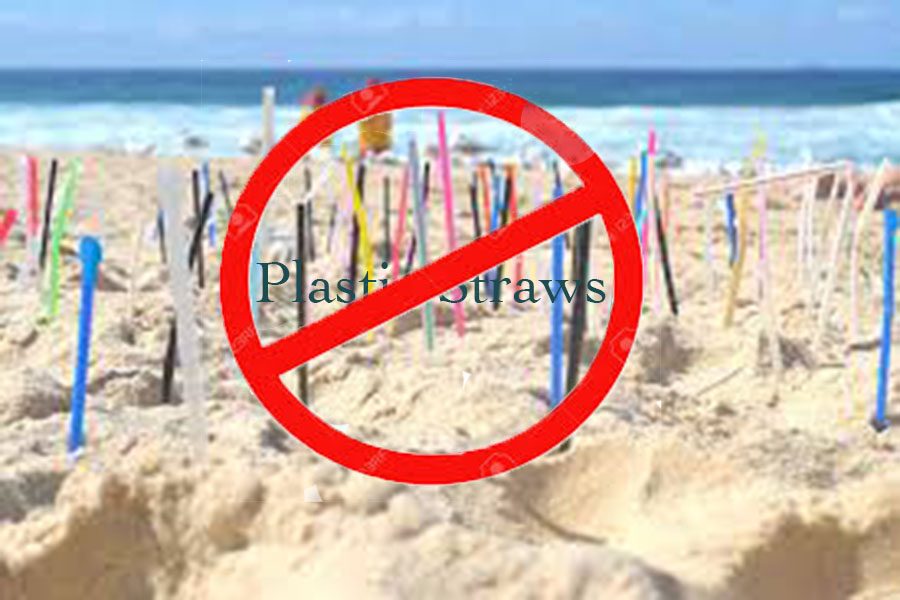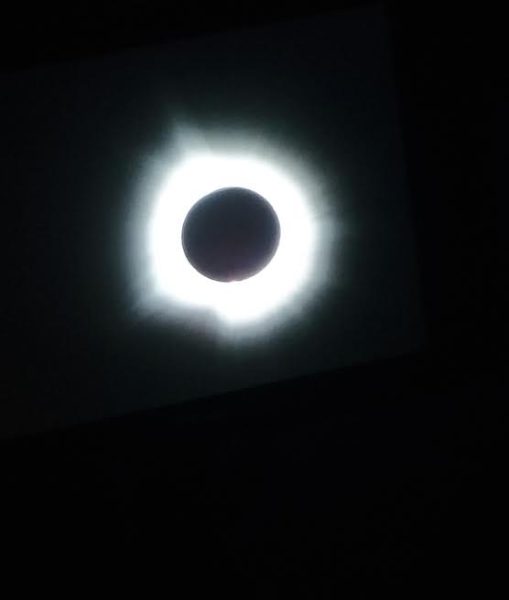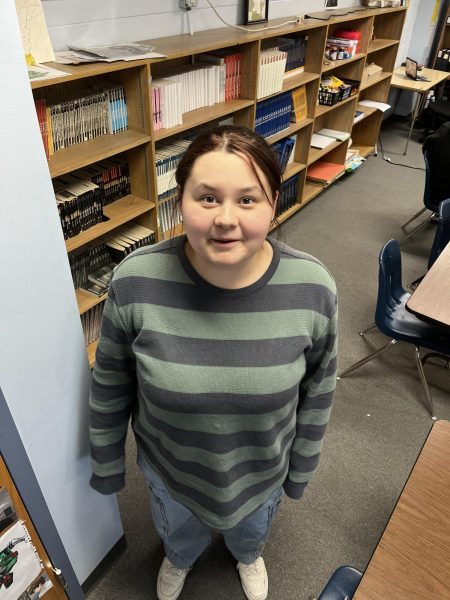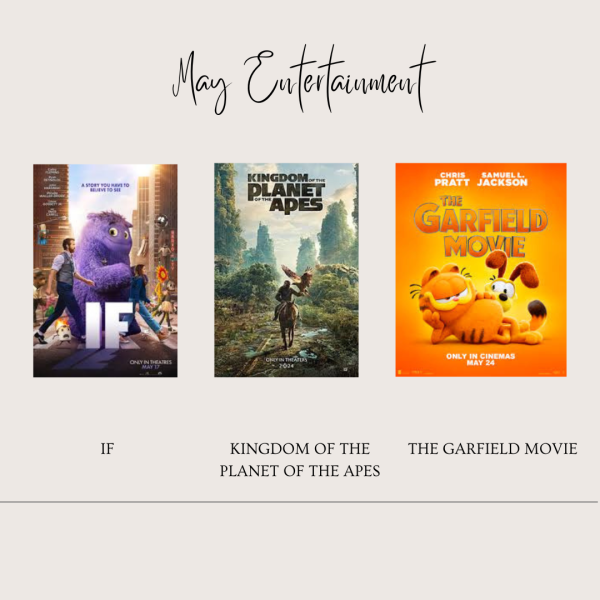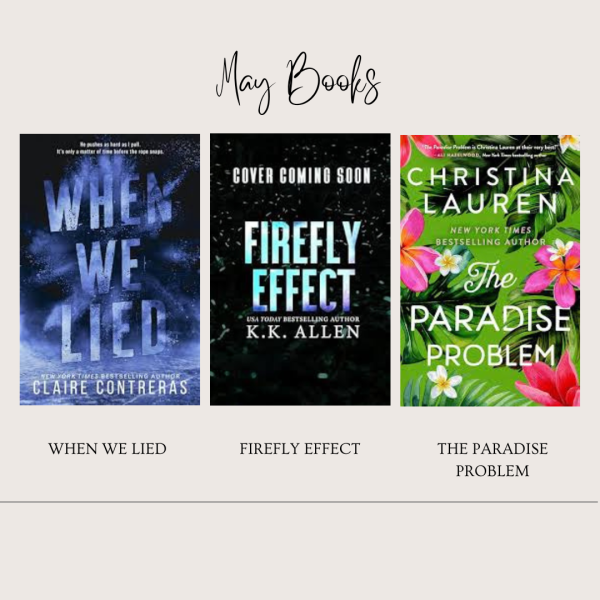The Last Straw
Plastic accumulating in our oceans, as well as on our beaches, has become a global crisis. Plastic has been found in more than 60% of all seabirds and in 100% of sea turtle species. Animals can often mistake plastic for food and ingest it. This can cause life-threatening problems, including reduced fitness, nutrient uptake and feeding efficiency—all vital for survival.
Eight million metric tons of plastic enter our oceans every year, this is on top of the 150 million metric tons already circulating our marine environments. Plastic can take up to 1,000 years to decompose. The plastic bags we use in our everyday life can take 10 to 1,000 years to decompose, and plastic bottles can take 450 years or more.
Plastic taking years to decompose is the reason why places such as Miami Beach and Fort Myers, Florida have banned plastic straws. The straws are too small to be caught by the beach sifters that comb the sand daily, and some beachgoers said they easily fly away in the wind, which consequently makes them end up in the ocean. Miami Beach commissioners amended a litter ordinance to ban plastic straws from the beach, meaning hotels could face fines ranging from $50 to $500, which are the same existing fines for littering.
Cities in Florida are not the only places that have banned straws. Cities in California, Washington, and New Jersey have followed the trend and started to ban straws. Starbucks, a widely known coffee shop, will also be eliminating the use of plastic straws completely by the year 2020. Now, just because plastic straws are going to be used less often or even banned in certain places does not mean that straws can no longer be used. There are many alternatives to plastic straws such as stainless steel and glass straws. But, recently new news has come to light. A bill putting a five-year moratorium on local laws that ban plastic straws while state officials study the issue cleared a Senate committee on a party line vote. This bill is trying to prevent cities from banning single-use plastic straws.
When Mareesa Buskirk, a junior, heard of this and responded, “That is ridiculous, save the turtles and save our oceans!” Banning plastic straws is taking a step in the right direction to leave a better world for generations after us. It helps to make sure that our environment and our ecology is better off and healthy.

Hey guys! I’m Thalia Gonzalez. This is my third year writing for the SPUD and my first year as Co-Editor-in-Chief! I am the only child of Tony Gonzalez,...

